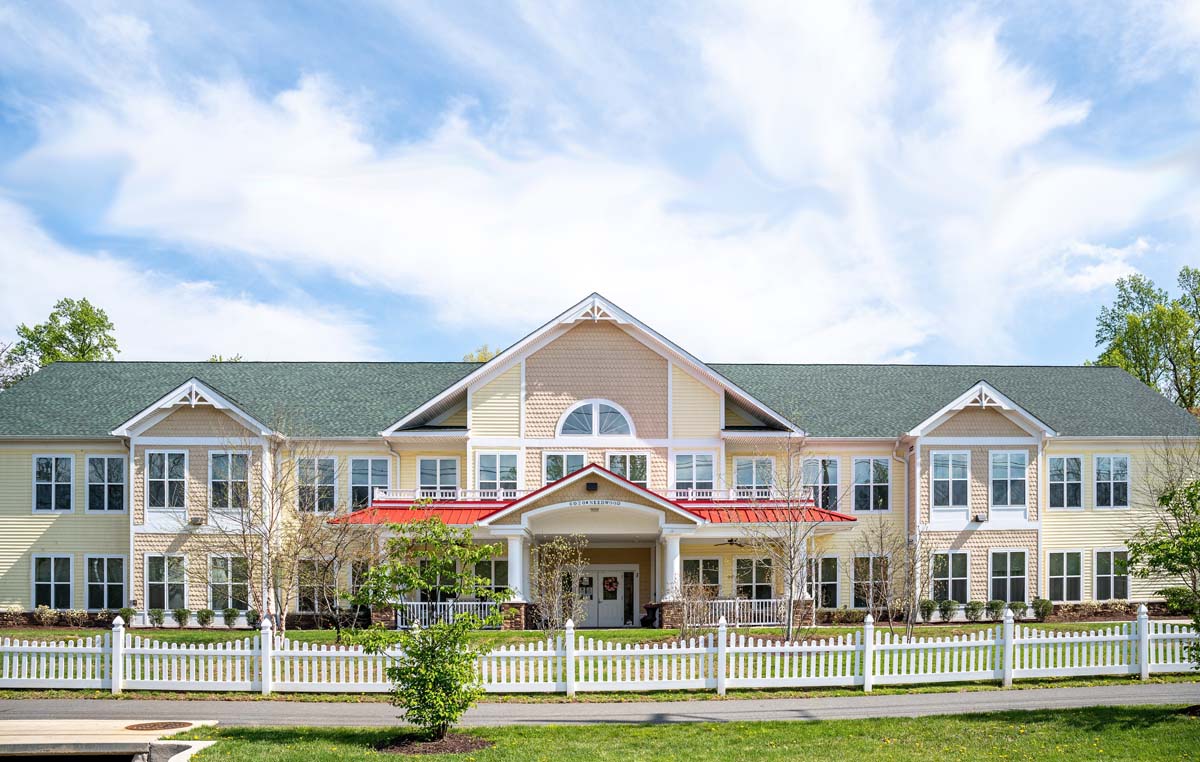The first World Happiness Report was issued in 2012, in collaboration with Gallup, the Oxford Wellbeing Research Centre, and the UN Sustainable Development Solutions Network. On June 28, 2012, the UN General Assembly adopted a resolution declaring March 20 “International Day of Happiness”. Since then, an annual report has been issued every year, rating the countries of the world on six measures of happiness. For the year 2024, the top seven countries on the list were: Finland, Denmark, Iceland, Sweden, Israel, the Netherlands, and Norway. These also happen to be the countries that have among the highest life expectancy, between 82 and 83 years. The United States ranks 23rd on the World Happiness Scale and has a life expectancy of 79.46 (48th in the world). We have a bit of catching up to do.
A recent American study of many adults sought to discover the relationship between happiness, health, and a long life. The study found that those who described themselves as “Very happy” were at a much lower risk of dying at an early age, compared with those who rated themselves “pretty happy” or “not happy”. It also found that those in the 65 and older age group were the most likely to rate themselves as “very happy” of the three age groups in the study. The study concluded that happiness and living a long, healthy life are not related to income, or educational level, or religious belief, or marital status. It is important to keep in mind that the happiness being considered here is general happiness over a lifespan, a pattern of behavior that is based on a positive approach to life.
A generally happy, positive outlook on life leads to reduced levels of stress, and this in turn produces a more robust immune system and therefore increased protection against illness, hence better health.
Even though the study found that happiness is greatest among older Americans, many seniors are not so lucky as to enjoy this state of general happiness in life. About 12 percent of seniors in the study said that they were “not happy” in life. This is partly because loved ones and friends die, and seniors often become isolated from family and friends for various reasons, including health and mobility issues. If you are a senior or have a friend or family member who is a senior, there are several things you can do to ensure that the coming year will be a “happy” year for yourself or the senior person in your life.
Make sure that you or your loved one maintains social engagement. Having social connections helps to keep away feelings of isolation and loneliness. Studies show that socially engaged seniors can live independently for longer than those less socially engaged. Having meaningful relationships with others involves providing and receiving emotional support, and it generates a sense of belonging, both of which are vital to our psychological and emotional well-being. This also helps in preventing or slowing down cognitive decline. Another important factor is mental stimulation. Pursuing old passions or discovering new ones provides much needed mental stimulation. Developing new skills, such as learning a new language or how to play a musical instrument, provides a purpose in life, something to look forward to when one wakes up in the morning, and something to feel proud of when progress is made. As we launch into another new year in 2025, let’s make sure that this will be a genuinely “happy” year.
Dr. Veena Alfred Ph.D
CEO /Administrator
Happiness, Well-being, and a Long Life





